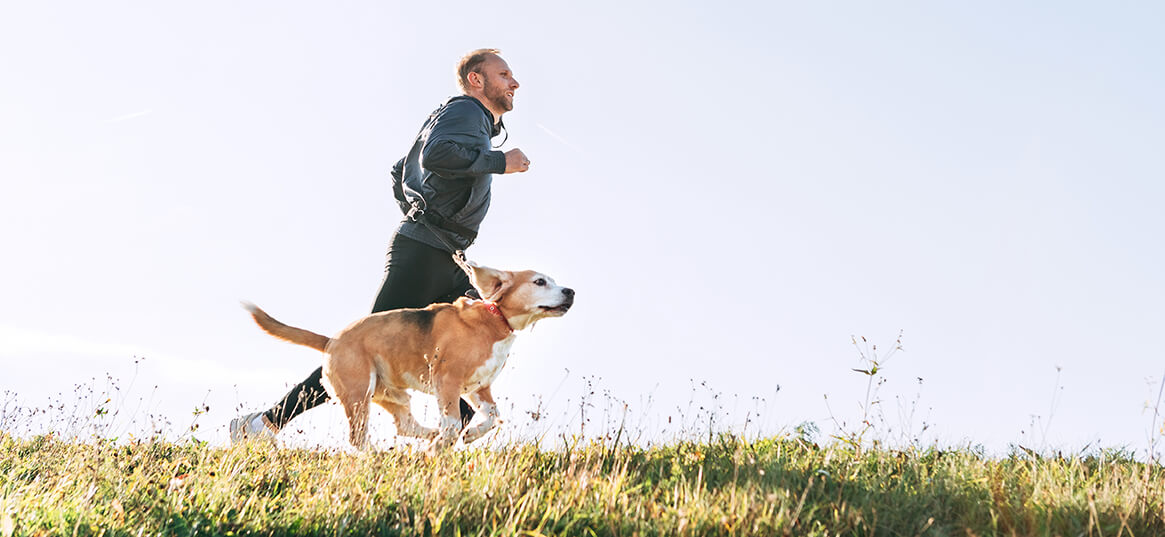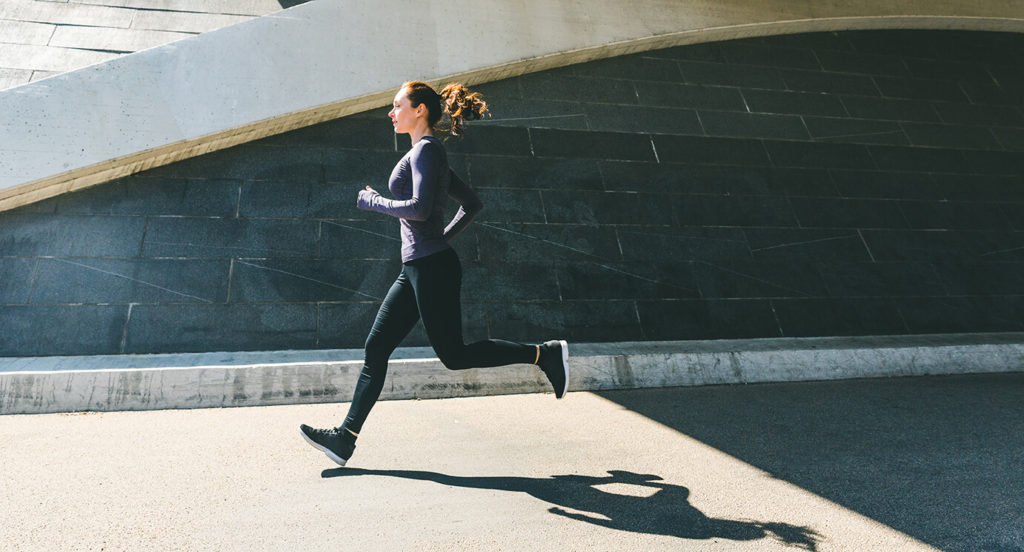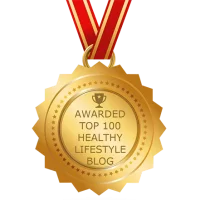Going Outdoors In The Coronavirus Pandemic
With the Coronavirus pandemic affecting most of the world, in California we are being told to “Stay Home” as a precaution against spreading the highly contagious virus. Staying indoors is mandated for those over 65 and/or for individuals with conditions that make them more vulnerable to the virus, such as respiratory issues or a compromised immune system. Staying home is also highly recommended for everyone else, except for essential trips to the grocery store, pharmacy, to exercise, to walk your dog, or to travel to your job if it is considered essential.
Yet, we also need a moderate amount of exercise to maintain our health. Particularly for individuals with high blood pressure, exercise is a must. High blood pressure appears to be a key dangerous factor for COVID-19 mortality, which means that a hypertension patient is more likely to die from COVID-10 than others.
Are “going outdoors” and “protecting yourself from COVID-19” mutually exclusive? Not exactly. The guidance for most of the country is to go outside within a small radius of your home. If you are staying home, you can still enjoy your neighborhood (particularly with fewer cars in the street, and less air pollution), your local park (be sure to check your local websites or news sources, as the list of public parks that are still open changes frequently) with appropriate social distancing measures. Or, perhaps you can enjoy fresh air in your backyard.
Dr. Cynthia Thaik, a Los Angeles holistic cardiologist, recommends the following “going outdoors” protocol to her patients:
- If you are not feeling sick or exhibiting flu-like symptoms, go outside
- Enjoy a walk or moderate exercise with appropriate social distancing precautions.
- Keep a 6 feet distance from others
- If you do not have a mask available, bring a hand towel when you go outside
- If you see someone approaching your space, cover your mouth and nose with the hand towel
- When outdoors, enjoy your surroundings and take a break from the news cycle.
- Practice mindfulness
Go Outside, Leave The News At Home
Exploring the outdoors is a healthy reminder that there’s life beyond skyscrapers, computers and mobile phones. Getting outdoors can be an incredibly restorative experience. It gives us a chance to reconnect with nature, clear our mind from clutter, engage our senses, and bring a sense of calm to our lives. The benefits of getting outdoors are even more powerful when we disconnect from technology – disconnecting can actually boost the positive impact of nature on us!
Particularly in today’s world when our phones are constantly buzzing with news alerts, text messages, and social media about the latest on the Coronavirus front, it’s important to take the time to uplug. Don’t worry, the news will still be there after your 30 minute walk. The CDC recommends that we take breaks from watching, reading, or listening to news stories, including social media. Hearing about the pandemic repeatedly can be upsetting and damaging to our mental health.
Julie Singh, co-founder TripOutside, shares additional benefits of enjoying the outdoors free of devices and distractions, during the pandemic, or at any time:
The Power of Unplugging While Enjoying The Outdoors
There’s power in not having to check your phone for updates constantly. And there’s strength in enjoying nature without having to post on Instagram. Switching off your phone and other gadgets – as cliche as it may sound – can actually empower you.
It’s undeniable, everyone seems to be tethered to their phones lately. But getting caught up in notifications, updates, and emails can cause us to easily miss the gift of the present moment.
Gadgets and distracting devices do more than just rob us of the chance to experience everything to the fullest – they’re harming our mental, physical, and emotional health. A recent study by MIT found that smartphone addiction is a very real issue. The researchers tracked 153 students who gave up their smartphones for an entire day and keeping a journal of their experiences. The students noted that it caused anxiety, made them feel exposed, uncomfortable, but also gave them time to be closer and more connected to friends.
Another study linked increased media screen time with depression and increased suicide rates in adolescents. They found that adolescents who spent more time on social media and electronic devices such as smartphones were more likely to report mental health issues, and adolescents who spent more time on in-person social interaction and sports/exercise were less likely.
Psychologists from the American Psychological Association point to increasing evidence that nature provides the reverse effect and has many positive benefits on children’s psychological and physical well-being, including reduced stress, greater physical health, more creativity and improved concentration. Unplugging and connecting with nature can bring about amazing effects including improved moods, better memory, and lower cortisol (stress-induced chemical) in our body.
However, leaving your phone cold turkey, even just for a few hours, is easier said than done. When tempted to check your phone during your next outdoor adventure, remember these 5 great reasons to disconnect.
4 Reasons to Turn Off Your Devices While Outdoors

Disconnecting from Technology = Reconnecting with Nature
These days, hearing a bird chirping or leaves rustling is rare for many people. The noise of our daily hustle and bustle can drown out our natural world and make us forget it even exists. It’s an unfortunate reality, especially when our bodies are wired to crave nature.
Reconnecting with nature improves moods and reduces stress. National Geographic published an eye-opening article highlighting studies of what happens to our brain when we’re in the outdoors. Spending time in nature allowed participants to de-stress, thanks to more stable brain waves, and better blood flow to amygdala – the organ that controls fear and stress.
Giving ourselves the time to feel nature without distractions allows our brains to take a break from hyperstimulation that easily wears us down.
Eliminating Distractions Improve Sleep
Even if you’re in the most pristine of locations, turning on your phone and devices can easily forfeit your “best sleep ever” privilege. Research on blue light emitting devices has found out that there’s a direct correlation between blue-light exposure and suppressed melatonin. The more you’re exposed to blue light, the harder it will be for you to sleep. The research adds that continuous exposure to blue light can affect our circadian rhythm, eventually causing tiredness, insomnia, and irritability. Since cell phones and other electronic media emit blue lights, researchers recommend not using cell phones for at least 30 minutes before going to sleep.
If you’re on an outdoor excursion, turn off your phone. Feel the breeze. Take the opportunity to watch the stars. You’ll be amazed at how easily nature can lull you to sleep.
Unplugging from Technology Increases Awareness of the Present
If your daily routine consists of hundreds of emails, long to-do lists, and endless meetings, it can be challenging to slow down and find the joys of the present.
Breaking free from constant distractions – especially when exploring nature – rewires your brain and senses to be more attentive to even the smallest details. Experiencing the outdoors – without the distracting “dings!” of notifications – can help you take in the beauty of nature fully. What happens when you’re more aware of the natural splendor around you? You become happier and you feel more relaxed.
Forget Technology to Make More Memories
If you’re obsessed with taking vacation photos for the sake of keeping memories, you’re in for a surprise. A study from the University of California discovered that those who photographed paintings had lesser memory recall of the painting than those who did not take any picture of it.
For a memory to last, the brain needs to remember the scene, the sounds, and the smell. The stronger these sensations are, the clearer the memory. When you’re more focused on taking photos, your phone or camera easily becomes a distraction. When distracted, you won’t be able to supply the brain the sensations it needs to make the memory a lasting one.
Taking photos is absolutely okay – but don’t stress too much on them. Focus on taking in everything – the picturesque landscape, the fresh air, the unbelievable serenity – and collect those memories on your mental hard drive.
Julie Singh co-founded TripOutside with her husband Reet out of a shared enthusiasm for outdoor adventure. TripOutside.com is an easier way to research top outdoor destinations, find adventures and gear from the best local outfitters, and book it all online. You can find her biking or hiking the nearest mountain, advocating for the earth & its animals, and cooking delicious vegan food.





